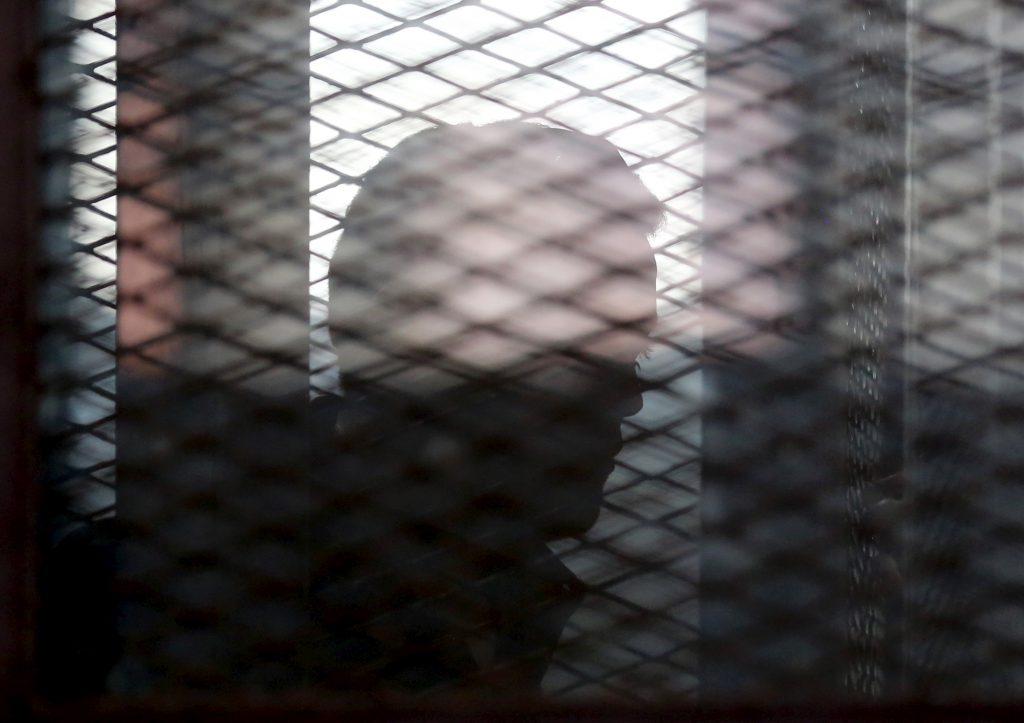During the “Egyptian Family’s Iftar party” last Ramadan, Egypt’s President Abdel Fattah Al-Sisi called for a “comprehensive national political dialogue without discrimination” in the presence of opposition figures.
This sudden call comes in a specific context. Politically, the public sphere is almost completely confiscated. Thousands of political prisoners of various persuasions (Islamists, liberals, etc.), journalists and human rights defenders are behind bars, some of whom have been in pre-trial detention for more than two years. This has led the Egyptian regime to face severe external pressure with regards to its human rights record.
Economically, Egypt is facing a severe economic crisis, rampant foreign debt, inflation, and a partial collapse of the currency against the US dollar, even before the recent repercussions of the global economic crisis, the war in Ukraine and the COVID-19 pandemic.
The call for dialogue is seen by many as a ploy to divert attention from the deteriorating economic situation, and to mitigate Western criticism of Egypt’s poor human rights record. No one knows the exact extent of the authorities’ seriousness in bringing about real change in political life, as it is difficult to trust official plans and statements without the lifting of the severe restrictions imposed on all forms of freedom of expression.
If the recent release of a number of political prisoners is a step forward, it falls short of Egyptians’ expectations. Many civil society activists have suffered for years from restrictions on their ability to carry out their legitimate work, as well as travel bans and asset freezes. This led human rights defenders, journalists and public figures to sign a petition setting out ten effective confidence-building measures for the success and effectiveness of any meaningful national dialogue.
The signatories demand an end to the political repression and confiscation of public liberties, as well as the immediate release of political detainees and prisoners of conscience. Should the Egyptian government want to take a clear step towards a comprehensive national dialogue with civil society, they now know what to do.

